A mild third wave in India will start by January and end in March
Sun 05 Dec 2021, 00:16:23
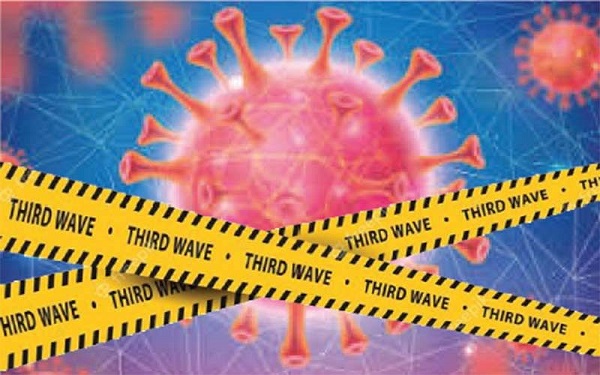
A mild third wave triggered by the Omicron (B1.1.529), the new variant of SARS-CoV-2 first reported in South Africa, is likely to hit the country in January and reach a peak by first week of February before infections start dropping to manageable levels by the end of March, according to the noted SUTRA mathematical model of pandemic developed by researchers from IIT-Hyderabad and IIT Kanpur, on Saturday.
The preliminary projections of the SUTRA model, based on the present scenario of Omicron variant outbreak in South Africa, has indicated that the third wave will be milder, when compared to the significant Delta surge that took place in March/April of this year.
The daily Covid infections during the second wave had reached a peak when close to 4.5 lakh cases were reported on a daily basis in March/April of this year. The SUTRA projection model has indicated that an Omicron fueled third wave could peak at around 2 lakh Covid infections on a daily basis between January and March.
“These projections are meant to give a direction to health officials and governments to prepare for the coming months. I think the average daily infections in India will peak between 1.5 lakh and 2 lakh and not reach or cross 4 lakh, which was the case during the second wave. However, these projections are based on many inferences, since the data on Omicron is very
recent,” said Dr.M.Vidyasagar, Distinguished Scientist, SERB National Chair, IIT Hyderabad, who founded the SUTRA model.
recent,” said Dr.M.Vidyasagar, Distinguished Scientist, SERB National Chair, IIT Hyderabad, who founded the SUTRA model.
Top researcher from IIT Kanpur, who is the co-founder of SUTRA model, Dr Manindra Agrawal said, “Evidence so far suggests there will be a mild third wave in India early next year. As observed during the spread of Delta variant, a mild lockdown like night curfew, restrictions on crowding can bring down the value of beta (possibility of disease transmission per contact) substantially, which will significantly reduce the peak”.
Dr Manindra said that SUTRA projections have indicated that ‘there is a mild third wave, with peak between 100-150K infections per day occurring sometime in February. It may well be that hospitalization load is even lower as there are indications that the cases are mostly mild. We need to wait for more data to be sure”.
Dr Vidyasagar pointed out that the country as a whole is far better prepared to handle a third wave.
“If you remember, during the Delta wave in March/April, except for healthcare workers, frontline workers and to some extent high-risk groups, not many were vaccinated. However, today a substantial population is vaccinated and has acquired vaccine driven immunity. Moreover, there is a huge section of the population that has natural immunity too,” Dr Vidyasagar said.
No Comments For This Post, Be first to write a Comment.
Most viewed from Coronavirus Updates
Most viewed from Health
AIMIM News
Latest Urdu News
Most Viewed
May 26, 2020
Is it right to exclude Bangladesh from the T20 World Cup?
Latest Videos View All
Like Us
Home
About Us
Advertise With Us
All Polls
Epaper Archives
Privacy Policy
Contact Us
Download Etemaad App
© 2026 Etemaad Daily News, All Rights Reserved.



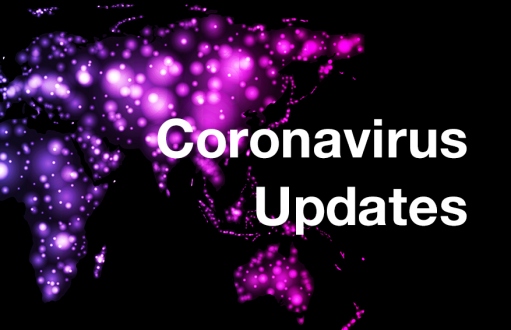
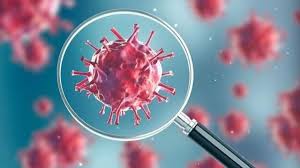
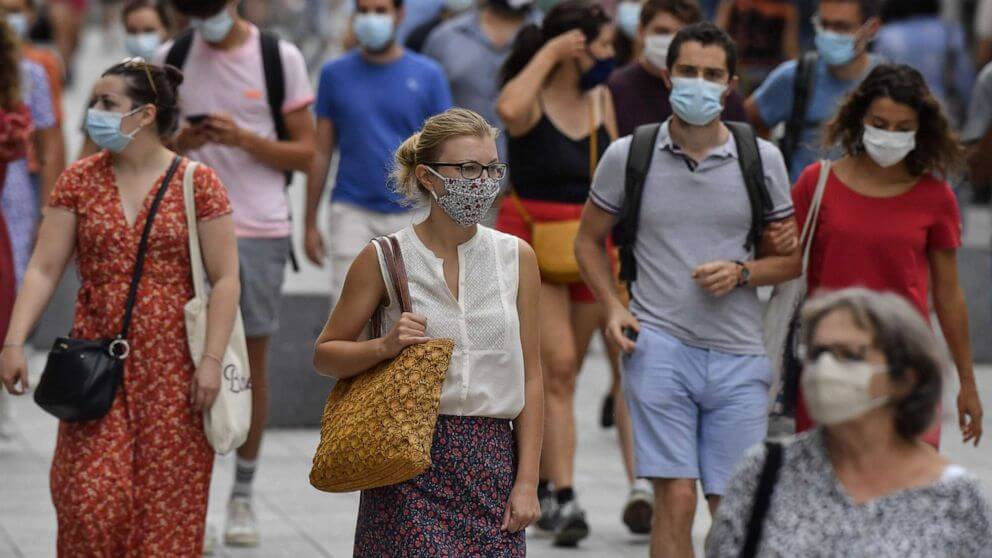

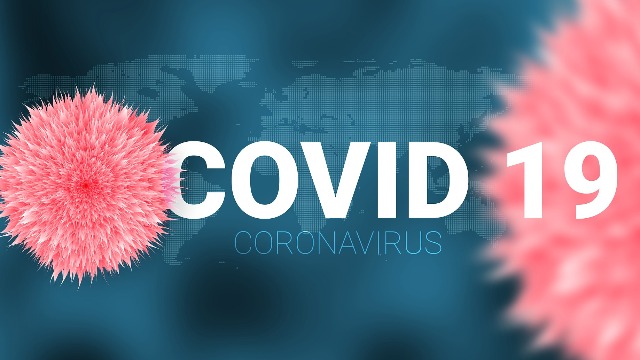
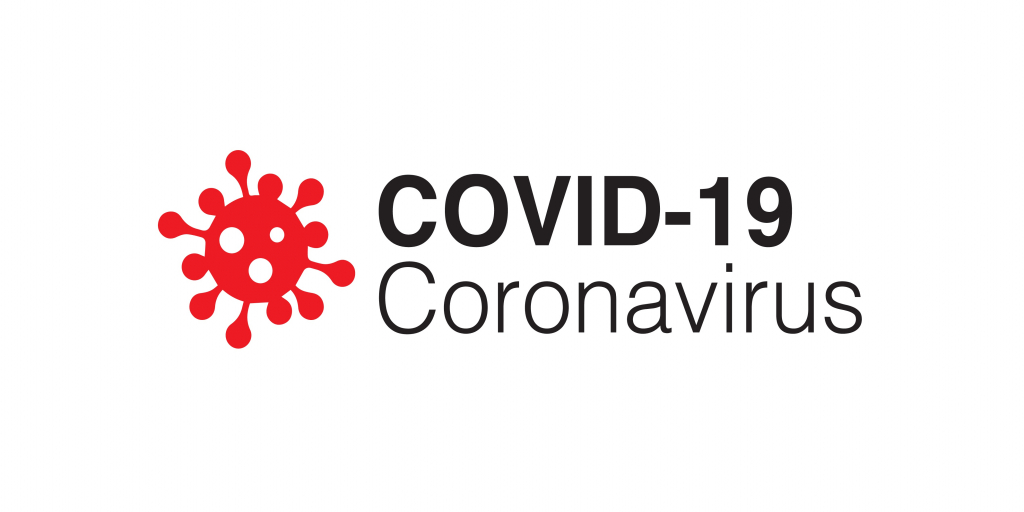
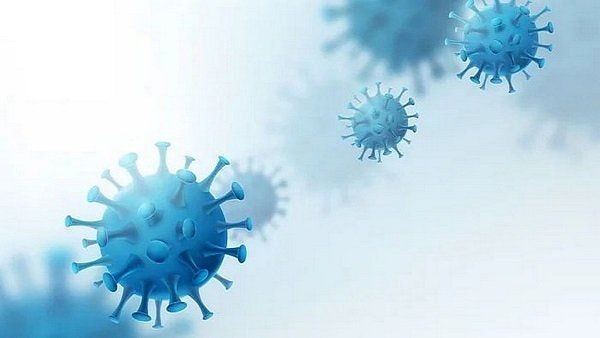
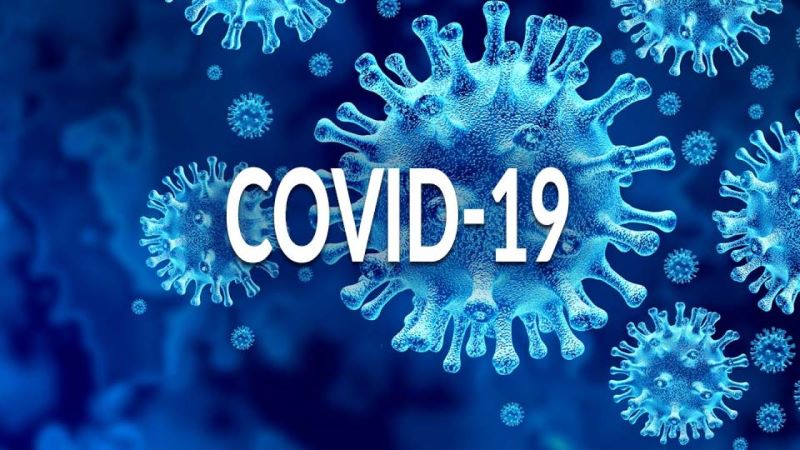
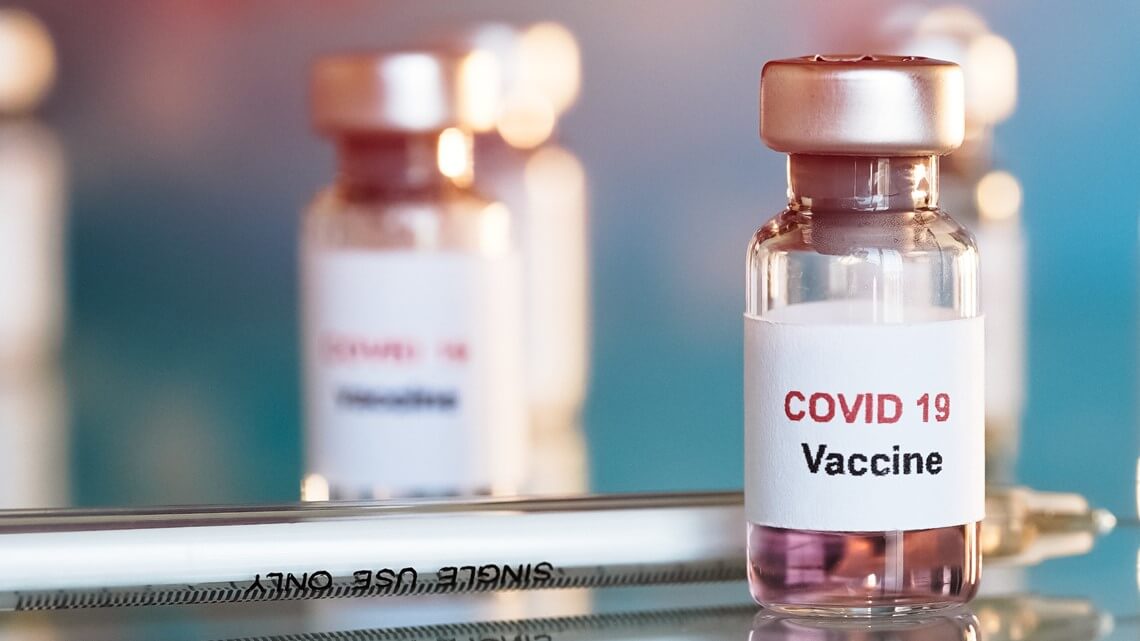

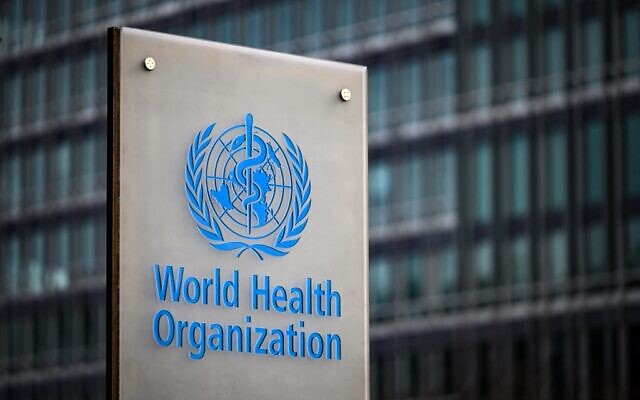
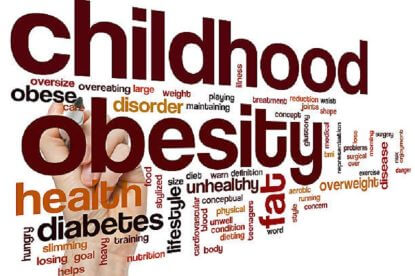








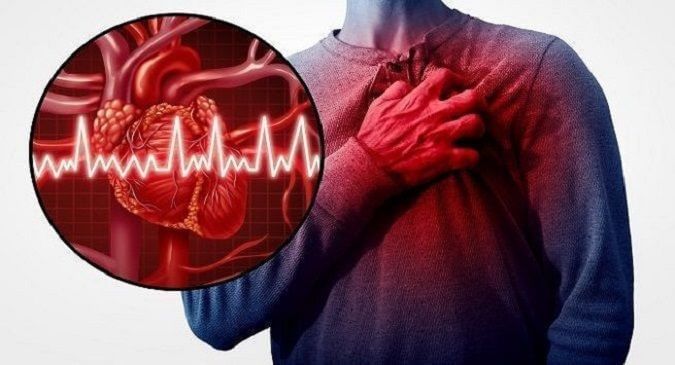
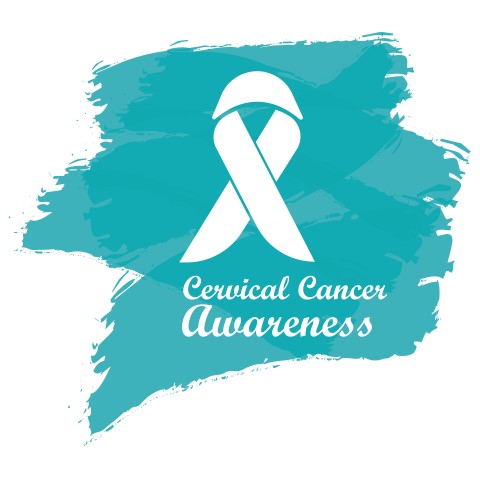












.jpg)
.jpg)
.jpg)


